Dubai-based Emirates, which claims to be the world’s largest international airline, has pledged to invest $200 million over the next three years to help fund research and development into advanced fuel and energy technologies for commercial aviation. The airline says current programmes to decarbonise air transport are insufficient to deliver net zero targets within current timelines and wants to accelerate development of new solutions through this programme, which it claims is the biggest single commitment by any airline towards sustainability. “We looked long and hard at the reality we face in commercial aircraft and engine technology, fuel supply chain and our industry’s regulatory and ecosystem requirements,” said Sir Tim Clark, Emirates Airline President. “We believe our industry needs better solutions, and that’s why we’re looking to partner with leading organisations on R&D. Our aim is to contribute meaningfully to practical solutions for the long-term sustainability of commercial aviation.”
The Emirates initiative has been announced during the United Arab Emirates’ ‘Year of Sustainability,’ during which the nation will host events later this year that include the Dubai Airshow, the third ICAO Conference on Aviation and Alternative Fuels, and the UN’s COP28 climate change summit.
The R&D commitment also follows a test flight from Dubai earlier this year in which an Emirates Boeing 777-300ER jet operated with one of its two GE90 engines powered by 100% sustainable aviation fuel. The airline said the test, in partnership with Boeing, GE Aerospace, Honeywell and renewable fuel companies Neste and Virent, was a proof-of-concept demonstration, as the air transport industry pursues regulatory approval to operate commercial flights with 100% SAF, twice the current limit of 50%.
Emirates is also a partner in multiple working groups and stakeholder engagements, and recently contributed to the development of the UAE’s power-to-liquid fuels roadmap, announced last year, and the National Sustainable Aviation Fuel roadmap launched in January this year.
However, the airline argues the global scarcity of SAF also demands fast action to find alternative, complementary paths to decarbonisation. “Bio-based SAF, currently the only type of commercially available SAF, is extremely limited in supply,” it said. “IATA estimates the entire world’s annual supply of SAF meets less than 0.1% of airlines’ needs.”
Through the funding initiative, Clark indicated Emirates would identify partnerships with key organisations focused on projects to advance new fuel and energy technologies. “We are ring-fencing $200 million to invest in advanced fuel and energy solutions for aviation, which is where airlines currently face the biggest impediment in reducing our environmental impact,” he said. “It’s clear that with the current pathways available to airlines in terms of emissions reduction, our industry won’t be able to hit net zero targets in the prescribed timeline.
“Until viable solutions can be found, Emirates will continue to implement environmentally responsible practices through our business, including uplifting SAF where feasible, ensuring efficient fleet operations and inducting modern aircraft into our fleet. Our fund is earmarked for R&D and not for operating costs like the purchase of SAF or carbon offsets to tick regulatory boxes – activities we consider business-as-usual.”
Distribution of the research funds will be managed by the Emirates Environmental Sustainability Executive Steering Group, with the support of external technical experts.
The airline, which currently operates 260 Airbus A380 and Boeing 777 aircraft, has additional orders for 200 new, more fuel-efficient jets including Airbus A350s, which are due to arrive from next year, and others including the Boeing 777X. It also practices a wide range of operational measures including ‘flex tracks’, in which it partners with air navigation service providers to identify and follow optimised routes, and airport practices including the use of ground power instead of aircraft auxiliary power units and reduced use of engine power for taxiing.
The Emirates initiative is the latest in a series of sustainability partnerships by major carriers including United Airlines, which has also established an investment fund to support new technologies for sustainable aviation.
Photo: Emirates


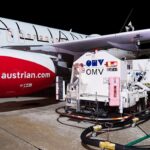
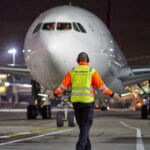
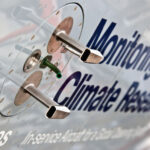

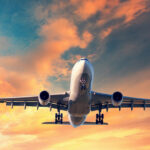
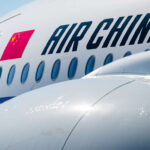
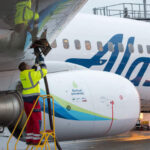
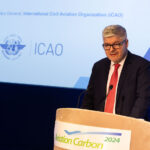
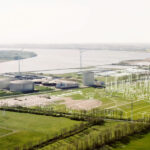
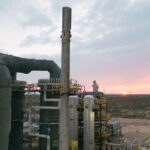
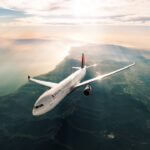
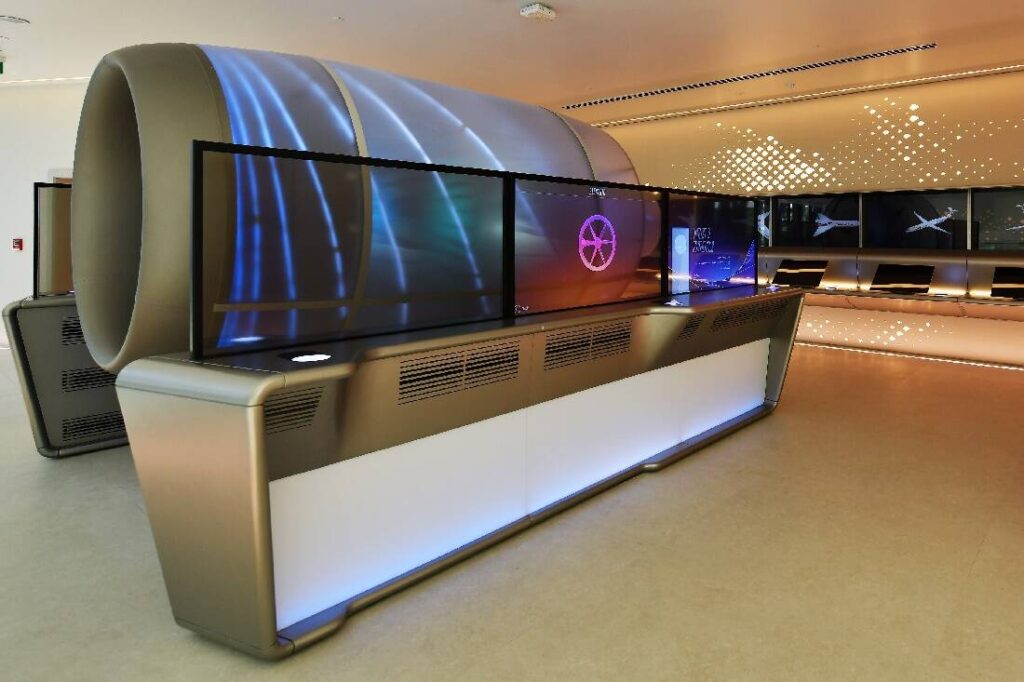

More News & Features
European and US research programmes expand to better understand aviation non-CO2 climate effects
SITA teams with Arab airlines on developing technology to enhance flight sustainability
Ultrafine particles in jet fuel emissions responsible for serious health problems, finds study
Swiss adventurer Bertrand Piccard announces nonstop, round-the-world hydrogen flight
UAE announces 1% SAF blending target by 2031, with plans to supply other markets
Assessment of aviation non-CO2 climate effects warns of trade-off dangers